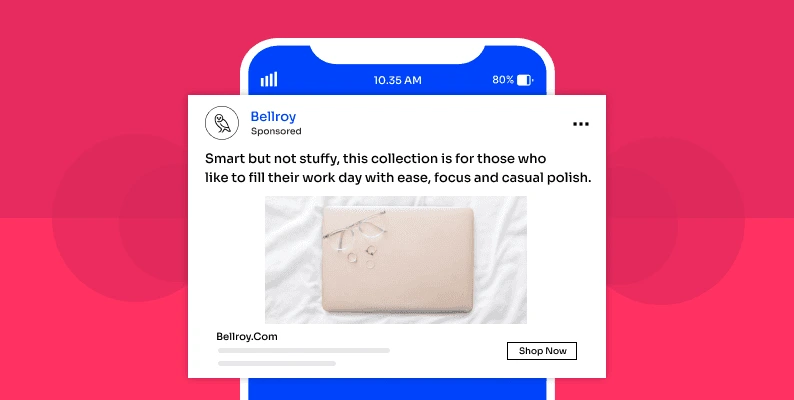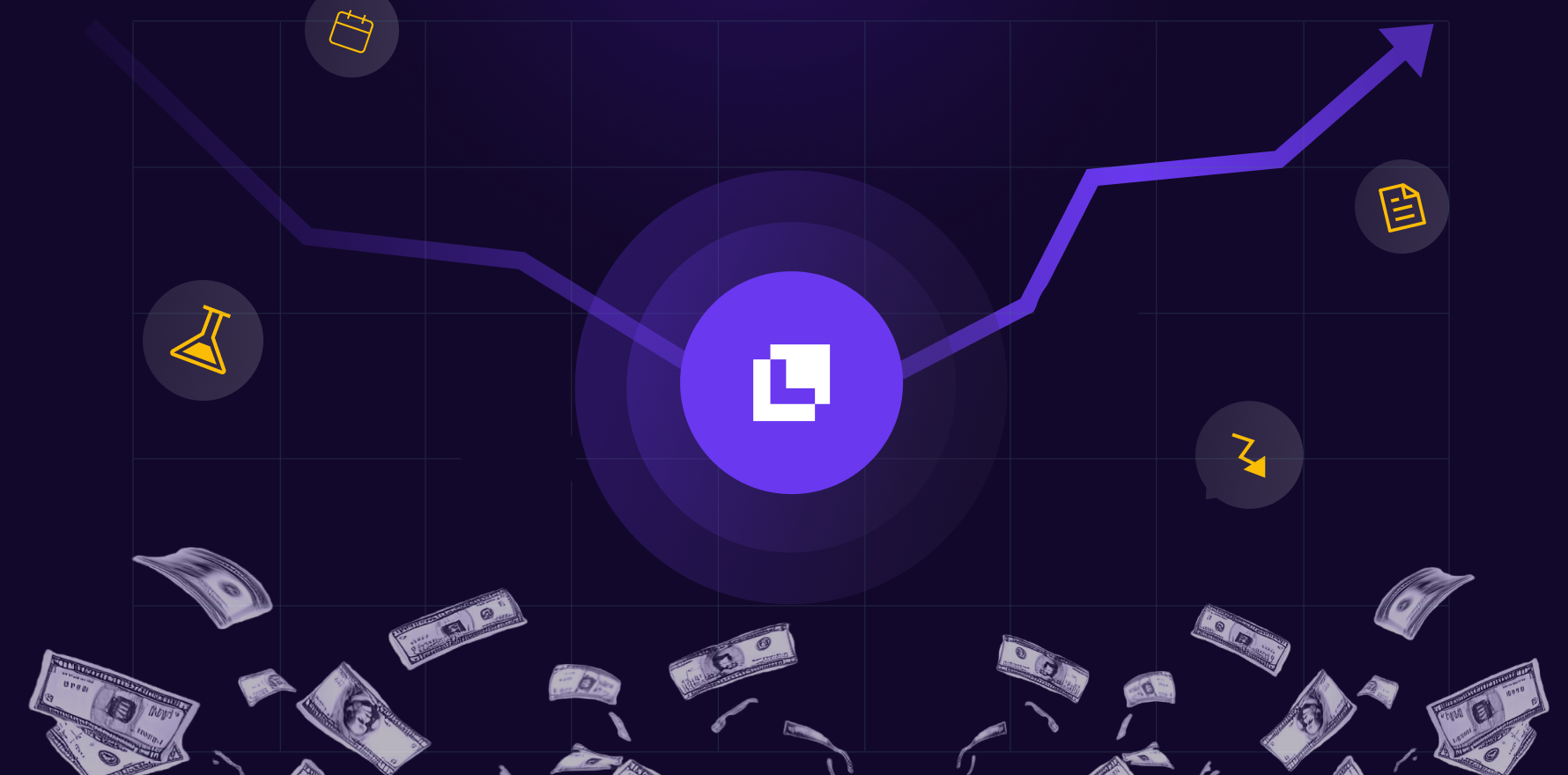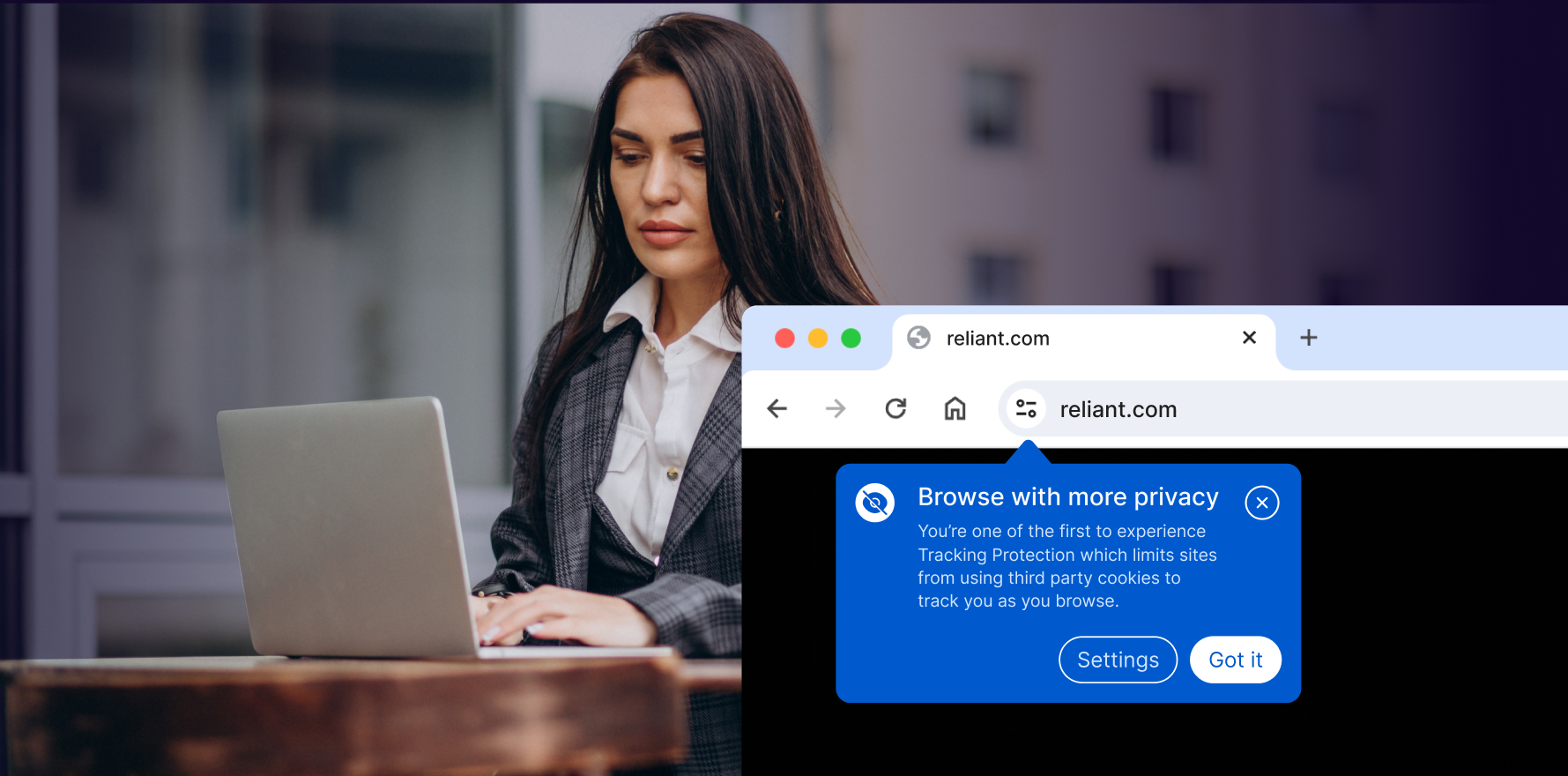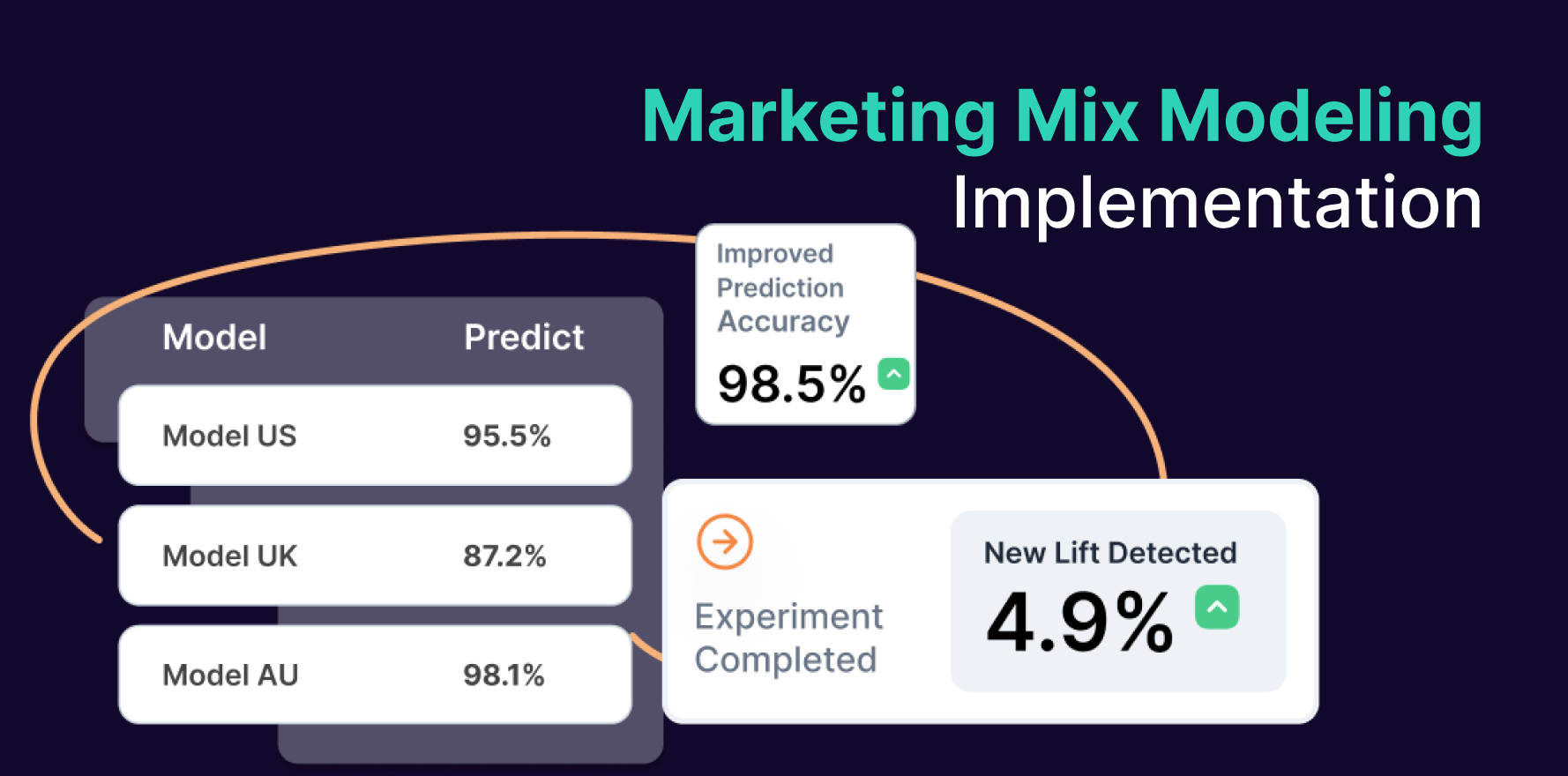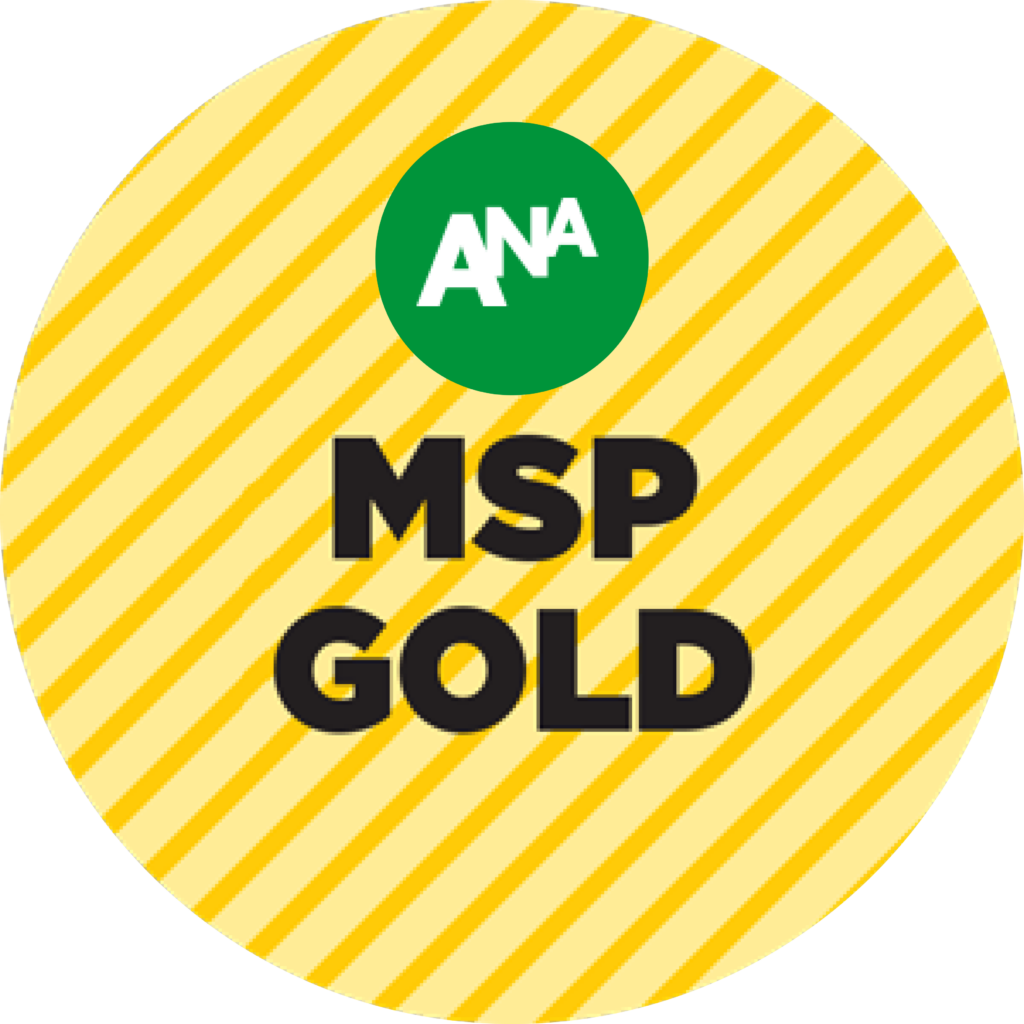With 3.05 billion active monthly users, Facebook is undoubtedly one of the most powerful platforms that Ecommerce brands can leverage for lead generation and conversion.
What started as a social network used by friends and family to connect and interact is now being used by brands and customers to engage and make purchases.
With a potential advertising reach of 2.11 billion people, Facebook advertising has become a holy grail for Ecommerce and DTC brands to target and attract the right kind of traffic to their websites.
That said, customer acquisition costs are constantly increasing for brands looking to advertise on Facebook. If you’re one of those DTC brands struggling to convert this traffic into customers, here are the 7 proven hacks to create more effective Facebook ads. They are aimed to boost your brand awareness, reduce customer acquisition costs and increase conversions.
7 Proven hacks to 10X your DTC brand’s Facebook ad conversions
1) Use visually appealing images and videos
With so many businesses advertising on Facebook, you need eye-catching visuals to stand out from the crowd and grab your audience’s attention.
Considering that users spend only 1.7 seconds per post, grabbing their attention and persuading them to act can be extremely difficult. However, visually appealing ads give you a better chance of making them notice you and encouraging them to check out what your Ecommerce and DTC brand has to offer.
Some Facebook advertising tips for creating ads with eye-catching visuals
- Design for mobile: Since 79% of Facebook users only access Facebook from their mobile devices, your Facebook ad design strategy must be mobile-first.
- Consider the psychology of color: Color plays just as important a role as images and text in your Facebook ad, as 90% of all snap judgments about products are influenced by color.
- Use the right images: Use carefully curated or custom-made images that grab your readers’ attention and tell a story about your brand or product.
- Use less text: Posts with less than 20% text perform better than other posts. Therefore, minimizing the text’s size or using less text in your ads is advisable.
BarkBox, a subscription-based Ecommerce pet care brand, uses clever visuals and witty copy in its Facebook ad copy to grab audiences’ attention and get them to check out their ad.
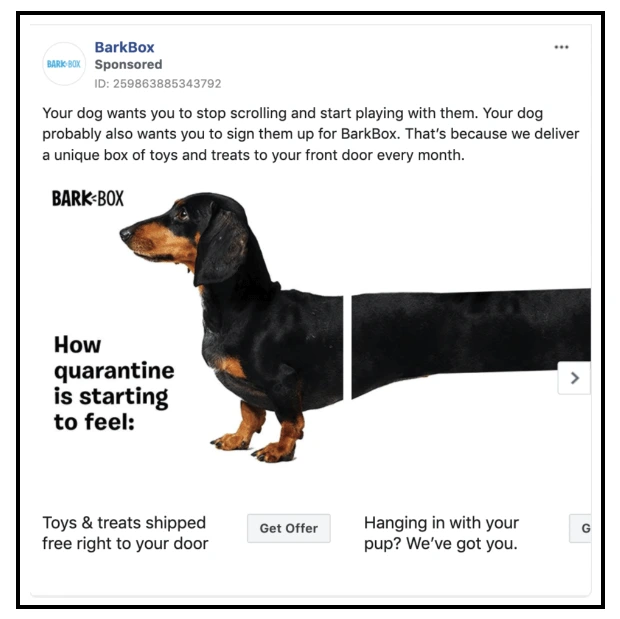
2) Write excellent ad copy that converts
As shown in the previous examples, creative ad visuals and brilliant copywriting should go hand in hand if you want to achieve optimum results from your Facebook ads.
A well-written ad copy can excite, entertain, and at the same time, persuade the reader to take further action.
Here are a few tips for writing great copy
- Focus on the hook: Your ads are often the first touchpoint for new leads to learn about your brand or product. A powerful hook will help your ad catch their attention instantly and make a lasting first impression.
- Create solid ad body copy: A compelling ad body copy presents a solution, creates empathy, builds connection, and entices the reader to take action.
- Make it personal: Put yourself in your audience’s shoes and speak in your audience’s language.
- Keep it short and sweet: Don’t overwhelm your readers with too much text. Just focus on the essentials.Try eliminating stop words and redundant phrases. Or, utilize a summarizer to get the job done quickly.
This ad from Bellroy, an Ecommerce men’s wallet and bags brand, is a stellar example of how to write persuasive ad copy. With creative copy like “smart but not stuffy” and “smart yet timeless,” Bellroy introduces its product collection without using too many words. In addition to describing the ideal buyer, Bellroy subtly communicates its products’ benefits in its Facebook ad.
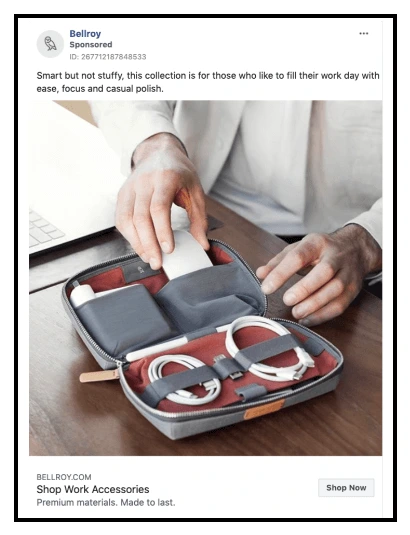
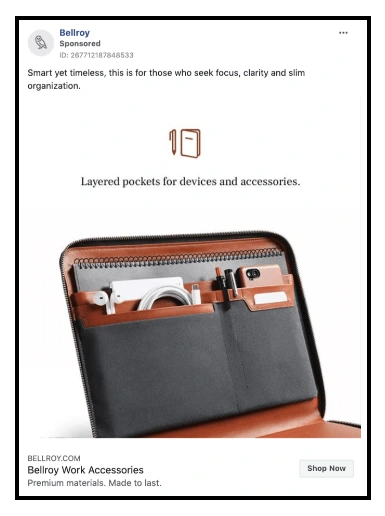
Bonus tip: Have a look at this blog for 10 winning tips to write high-converting Facebook ad Copy
3) Target the right audience with Facebook ad targeting
All your efforts in creating the perfect Facebook ad will be in vain if you don’t show these ads to the right audience.
You can use Facebook ad targeting to determine the audience that will see your ads. This enables you to get in front of people who are most likely interested in a specific product and have already shown their willingness to make a purchase, helping you achieve higher conversion rates.
Ad targeting is done based on three different types of target audiences on Facebook:
- Core audiences: Targeting based on demographics, behavior, and location.
- Custom audiences: Reach out to people who have previously interacted with your business.
- Lookalike audiences: Target people who may not be aware of your business but are similar to your best customers.
Bonus tip: Leverage Audience Insights to target your competitors’ fans. With the Audience tab in Meta Business Suite Insights, you will have access to invaluable information that will help you understand your competitors’ followers and target potential new customers.
Here is a Facebook advertising example of Myfix Cycles, an Ecommerce cycle store that used Facebook ad targeting techniques to target their custom audiences. As a result, they increased their revenue and achieved a Return On Ad Spend of 1,529%.
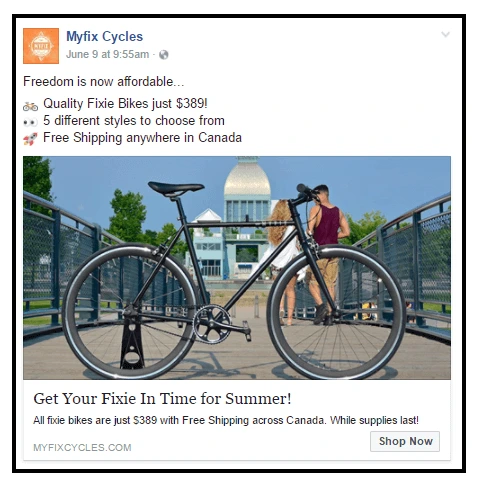
4) Leverage Meta Pixel to collect data
Meta Pixel is an analytics tool offered by Facebook that places and activates cookies on your website to track visitors’ interactions with your business. Using this tool, you can understand the actions people take on your website and measure the effectiveness of your advertising.
Additionally, Meta Pixel lets you track conversions from Facebook ads, optimize your campaigns, and build targeted audiences for future campaigns.
You can also use the Meta Pixel to:
- Target your ads to the right people: Identify new customers or people who have visited a specific page on your website.
- Drive more sales: Use automatic bidding to reach people who are more likely to make a purchase.
- Measure the results of your ads: Gain a better understanding of the impact of your ads by tracking what happens when people see them.
Here is an example of the US apparel brand, Love Your Melon. This Ecommerce brand ran a Facebook ad campaign utilizing the Conversions API with the Meta Pixel and saw a 17% increase in attributed revenue after the integration.
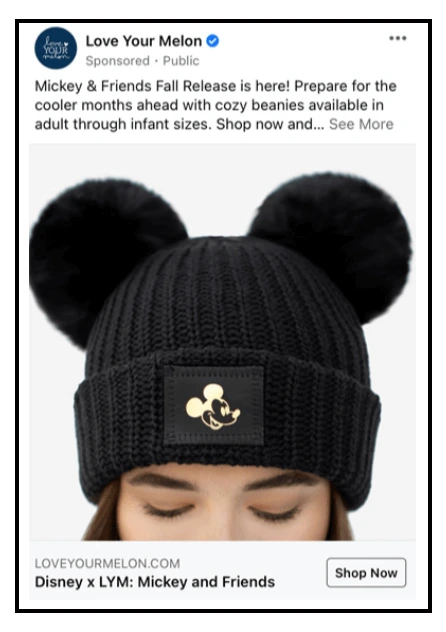
5) Create a Facebook sales funnel that converts
Facebook sales funnel is a process that enables brands to convert Facebook users into customers. It is a path that guides Facebook users toward the desired action-making a purchase.
In the Facebook sales funnel of your Facebook ad strategy, you plan how to make your audience aware of your brand and how you can nurture cold audiences to become warm prospects.
By creating a Facebook sales funnel, you can guide prospects through the buying process and provide them with all the information they need to make an informed decision.
There are three stages in a typical Facebook sales funnel:
- Awareness stage: Give people an overview of your DTC products and encourage them to engage with your brand’s content.
- Consideration stage: Establish trust and demonstrate how your solutions can address your customers’ problems and goals.
- Conversion stage: Encourage people to subscribe to your services or buy your Ecommerce products.
This illustration from Hubspot illustrates how you can target Facebook ads at different stages of the sales funnel.
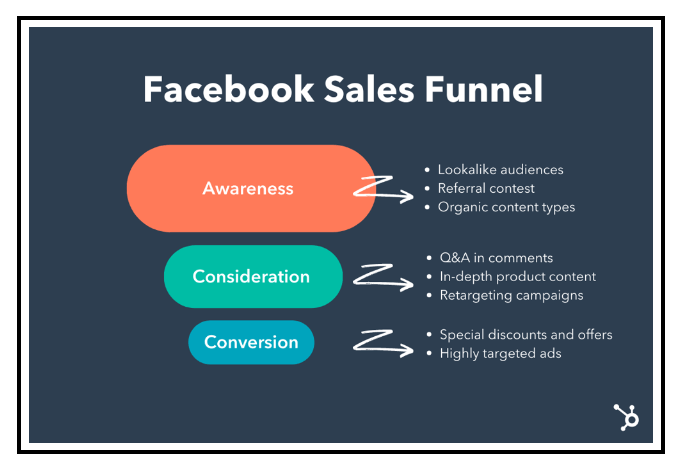
6) Create ads for each stage of your sales funnels
Once you have created a sales funnel for your Facebook marketing, you need to start creating ads targeting each stage of your funnel.
Here are the types of ads you can target for your customers at different stages of the sales funnel.
Top-of-the-funnel ads for the audience who are in the awareness stage.
Middle-of-the-funnel ads targeted at prospects who are in the consideration stage.
Bottom-of-the-funnel-ads for leads who are in the conversion stage.
Post-purchase-stage-ads for customers who are in the retention stage.
The following illustration from Stablewp shows the various types of ads that can be created at different stages of the sales funnel.
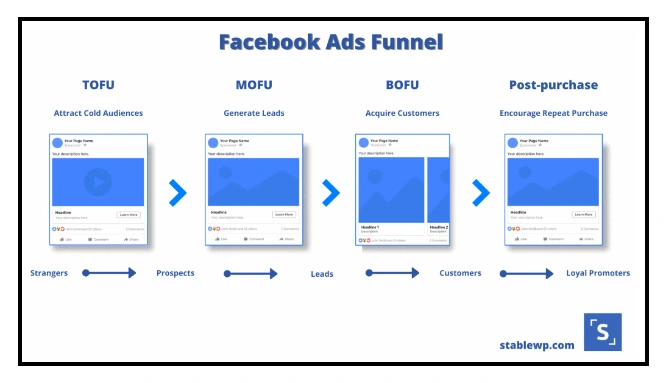
A) Turn strangers into prospects with Top-of-the-funnel (TOFU) ads
Top-of-the-funnel Facebook ads are designed to generate awareness and interest in a product or service. The aim of these ads is not to sell directly but rather to get people interested in what you have to offer so that they are encouraged to visit your website or learn more about your product.
Unless you are a top brand, there is very little chance that your prospective customers (cold audience) know about you. By educating strangers about the benefits of your products, you can warm these cold audiences and convert them into prospects.
At this stage, your DTC Facebook ads should focus more on awareness than conversion and make people aware of your products and how they can solve their problems. Advertise your unique benefits and educate your audience about what you offer.
Here is a dtc advertising example of Tailored Athlete, using video ads to show off the perfect fit of their shirts and pants to users who aren’t aware of their brand.
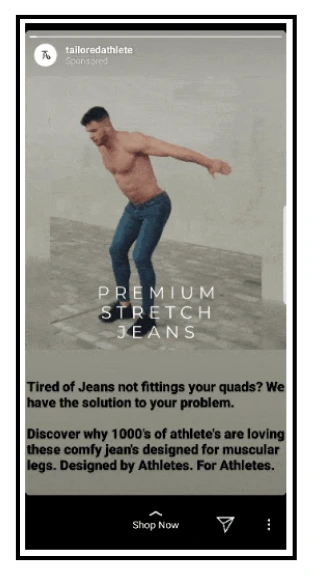
B) Turn prospects into leads with Middle-of-the-funnel(MOFU) ads
The next stage of the Facebook sales funnels is the consideration stage, where you employ middle-of-the-funnel ads. Here your goal is to target prospects and turn them into leads by collecting their contact information for further nurturing.
Middle-of-the-funnel Facebook ads are designed to capture the attention of potential customers who are further along in the sales funnel and are more likely to be interested in your products.
These ads are typically more targeted and focused on convincing the user to take a specific action, such as signing up for a free trial or requesting more information. By capturing lead information, you can nurture leads, bringing them closer to purchase with email remarketing.
In this example, ArchiTonic, a company that sells home improvement products, invites prospects to enter a contest to win an ergonomic office chair by signing up with their email addresses.
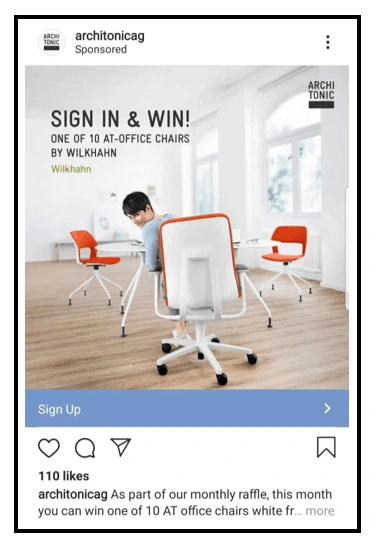
Who should you target with your MOFU Facebook ads?
- Customers who have previously visited your landing pages, clicked on your Facebook ads, or showed interest in what you offer.
- Prospects attracted from the previous funnel step.
- Users who have watched your video ads.
- Audiences who view or engage with your Facebook listings or the Facebook Shops feature
C) Turn leads into customers with Bottom of the funnel(BOFU) ads
The last stage of the Facebook sales funnel is the bottom of the funnel (BOFU). Bottom-of-the-funnel Facebook ads are specifically designed to target individuals who are close to making a purchase decision. These ads can be highly customized, target specific audiences, include a solid call to action, and are designed to drive conversions.
In this example, Fresh Clean Tees, a men’s clothing brand, uses positive customer experience to upsell its brand and products.
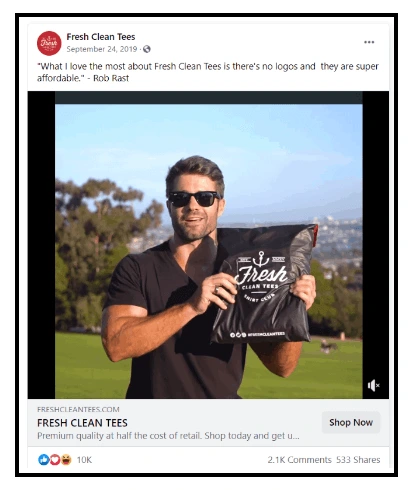
Additionally, you don’t want potential customers to hesitate and overthink your offer. Therefore, creating a sense of urgency is crucial at this stage. Including things like a limited time or a limited quantity will deliver the final blow and land you that sale.
Here you can see Koala, a DTC mattress and furniture store, mentioning the deadline of their offer and driving customers to make the purchase as soon as possible.
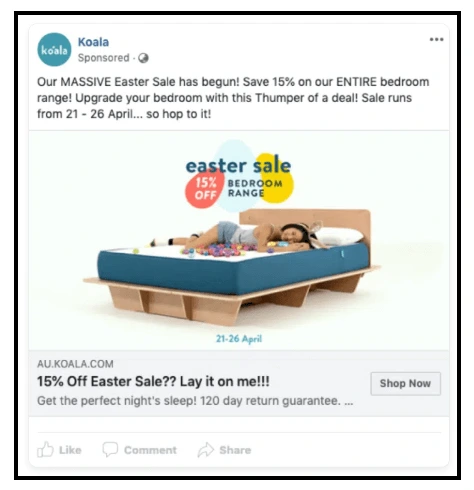
D) Post-purchase ads to retain existing customers
Facebook post-purchase ads are designed to target customers who have already made a purchase. You can use these ads to upsell or cross-sell your products through special offers and discounts.
Additionally, by converting existing customers into loyal customers and promoters, you will also increase your customer lifetime value (CLV) and generate new referrals.
Here is an example of Ben & Jerry’s Ice Cream advertising their new ice cream flavors to customers through post-purchase ads. The ad also offers a chance for customers to win a freezer full of Ben & Jerry’s, thus enticing them back to their store.
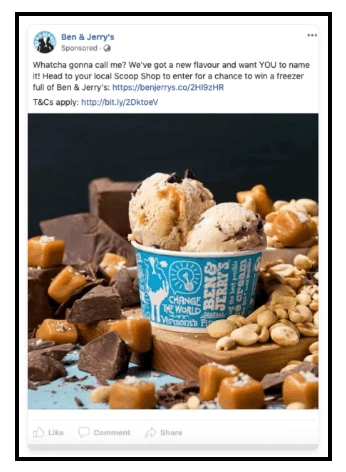
7. Use email and SMS automation tools to boost customer retention
After you have invested time and resources in attracting the audience’s attention and probably converting them into customers using Facebook ads for DTC, abandoning them would be foolish.
You can reach these potential customers via email and SMS to establish a positive relationship and convert them into loyal customers.
Integrating Facebook with SMS and email marketing can enable you to build a robust marketing combination to help you skyrocket your conversions. A Salesforce study showed that email openers were 22% more likely to buy when first approached through Facebook ads.
The following are some ways you can use SMS and email to target leads:
- Sending cart abandonment emails or messages.
- Create email campaigns with special offers for your subscribers.
- Make your customers aware of your DTC brand’s uniqueness and educate them about products.
- Up-sell and cross-sell emails for customers who have purchased a product.
- Celebrate special moments with personalized birthday offers.
- Get feedback from customers using surveys.
- Encourage your customers to write reviews of your products and services.
Additionally, you can automate this whole process by leveraging email and SMS automation tools that enable you to send high-converting emails and SMS backed by data at scale.
Using tools such as Lifesight, you can centralize all your customer data and customize the right message for the right customers.
Wrapping up
DTC Facebook ads are an extremely effective tool to boost your conversion, as it allows you to target a specific audience with laser precision and create customized ads that appeal to them.
However, for your Facebook advertising strategy to be successful, you need well-optimized ads that target every touchpoint on a shopper’s journey. With these hacks mentioned in the article, you should be able to create the perfect Facebook ads campaign that will boost your brand awareness and 10X your conversions.
You may also like
Essential resources for your success
